Opinion
Columns and essays in ELM Magazine approach current issues from personal and engaging perspectives. The series of columns "I argue" features texts written by researchers, each presenting a well-argued statement on a topic of their research.
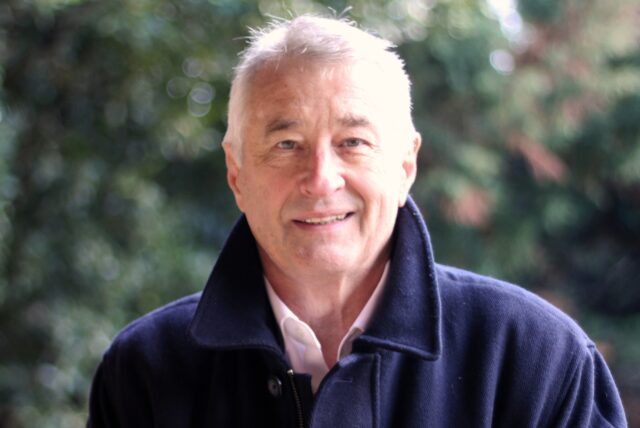
Patrick Werquin: “RPL does not yet reach the neediest”
“Fear of failure and lack of guidance keep those who need it most from accessing recognition of prior learning,” writes Patrick Werquin, professor at the French higher education institution CNAM, in his column. He has worked in education and the labour market across Africa, Europe and Southeast Asia.
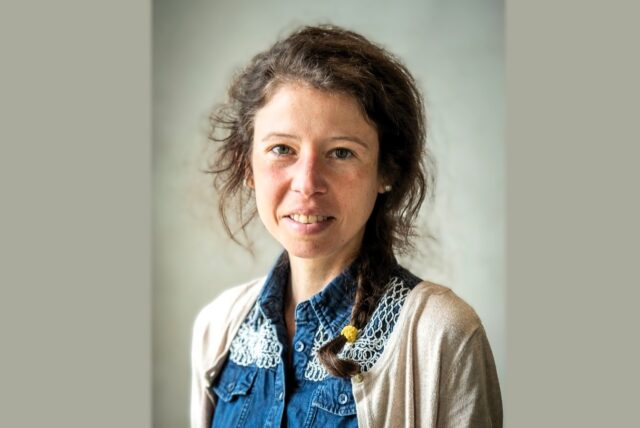
Soltic on Flanders tuition hikes: Threats to lifelong learning and employability
Flanders has raised fees for so-called “non-essential” courses. “Yet they often serve as stepping stones to career development, and short-term savings risk long-term growth,” writes Jorie Soltic of KU Leuven in her Speakers’ Corner column, produced with the European Association for the Education of Adults.
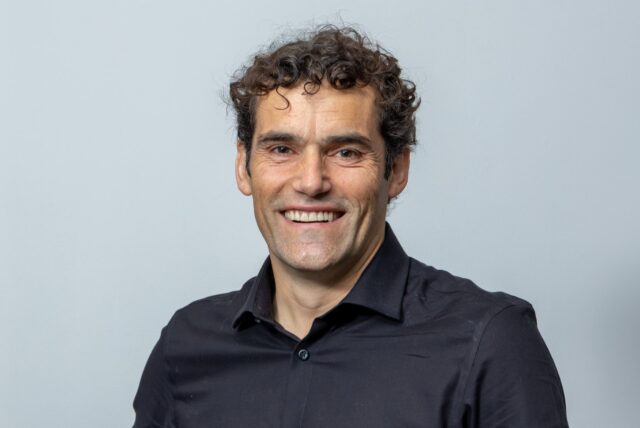
Villalba: Validation that empowers – putting learners at the centre
”If validation processes are too complex or inaccessible, they fail their purpose,” writes Ernesto Villalba from the European Centre for the Development of Vocational Education and Training (Cedefop). He calls for stronger support throughout identification and documentation.
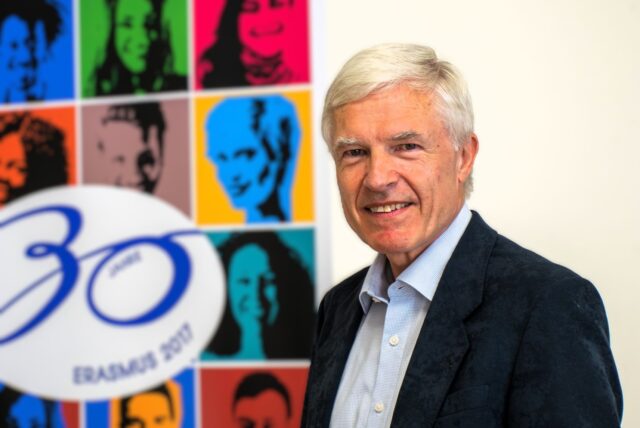
Alan Smith: ”Prison education benefits society”
In his Speakers’ Corner column, Alan Smith calls for prison education to be acknowledged as an integral part of adult learning. His arguments range from human rights aspects and personal skills development to the broader benefits for society as a whole. The column series is produced in cooperation with the European Association for the Education of Adults.
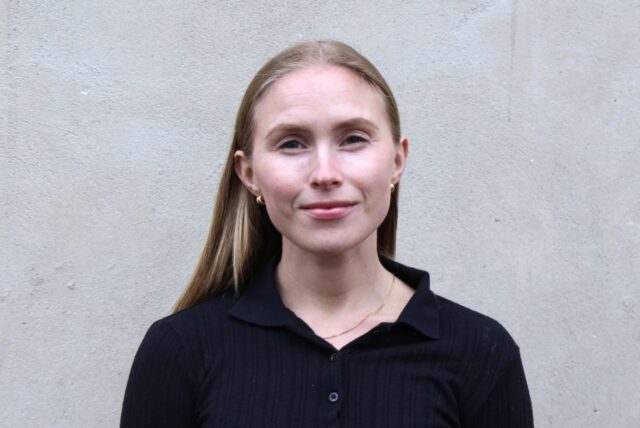
I argue: Digital inclusion is key to democratic participation
“Digital inclusion is vital for enabling civic engagement and strengthening democracy. When citizens cannot navigate digital platforms, their ability to influence policies or shape communities is diminished,” writes Maja Brynteson of Nordregio in ELM’s “I argue” series.
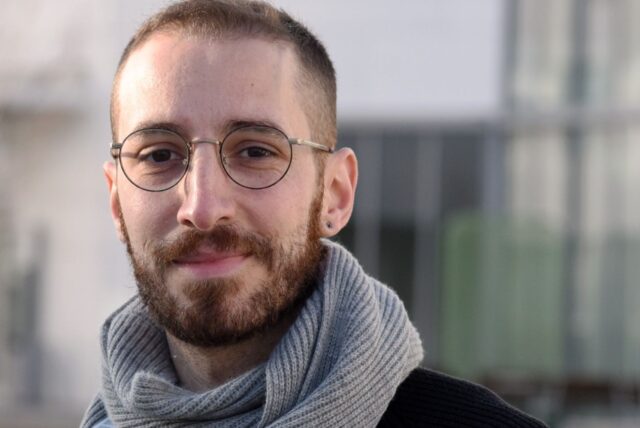
I argue: Learner-centred pedagogies about AI can be intellectually oppressive
In ELM’s “I argue” series, Hugo-Henrik Hachem from Linköping University questions the emphasis on promoting critical thinking through learner-centred approaches to artificial intelligence (AI) literacy. He argues for an AI-centred pedagogy that shifts the pedagogical focus from students’ levels of thinking about AI (critical or naïve) to their attention and motivation to study AI.
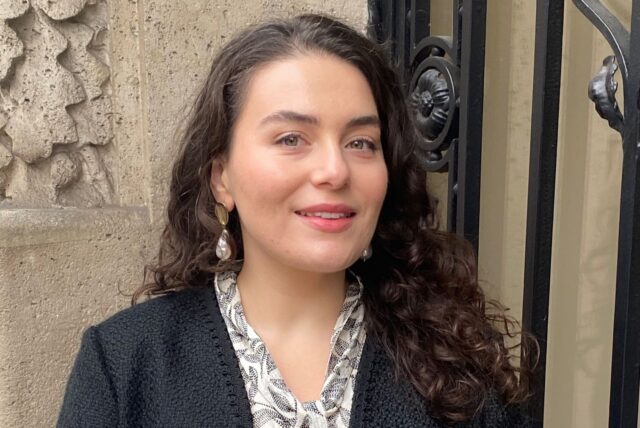
Elif Bahar, OECD: “Upskilling demands flexibility, funding and motivation”
Elif Bahar from the OECD stresses the need for workers to update their skills—but how, when time, cost and access are barriers? In her Speakers’ Corner column, Bahar shares possible solutions. The column series is produced in cooperation with the European Association for the Education of Adults.
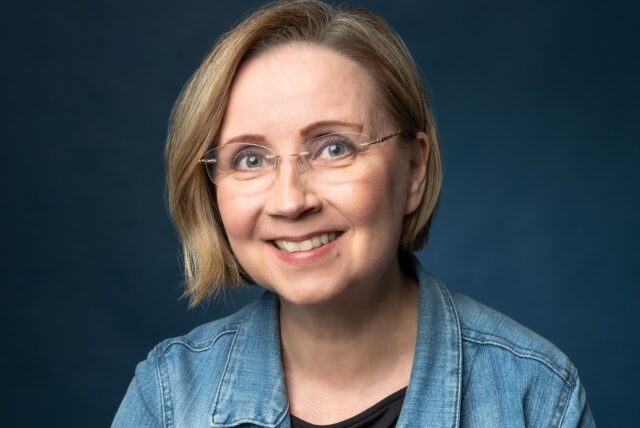
I argue: We need robot literacy
In ELM’s “I argue“ series, Päivi Rasi-Heikkinen, Professor of Education at the University of Lapland, emphasises the need for robot literacy. “We need to enhance our skills in robot literacy as physical robots become increasingly integrated into our everyday lives,” she asserts.

Lorenz Lassnigg: Research and practice: A difficult bridge
”Political practices must be included endogenously in attempts to understand the research-practice relationship in adult education,” argues Dr. Lorenz Lassnigg, senior researcher at the Institute for Advanced Studies in Vienna. In his column, he examines the elements for bridging the gap between research and practice.
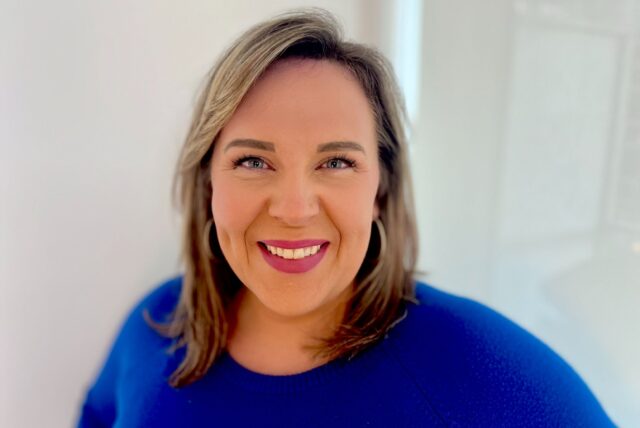
Erickson: “Active participation in communities of practice helps educators navigate changes”
“Today’s adult educators must continuously reshape their professional identity,” writes Jane Erickson in her column. She considers virtual communities of practice essential for maintaining professional relevance.




